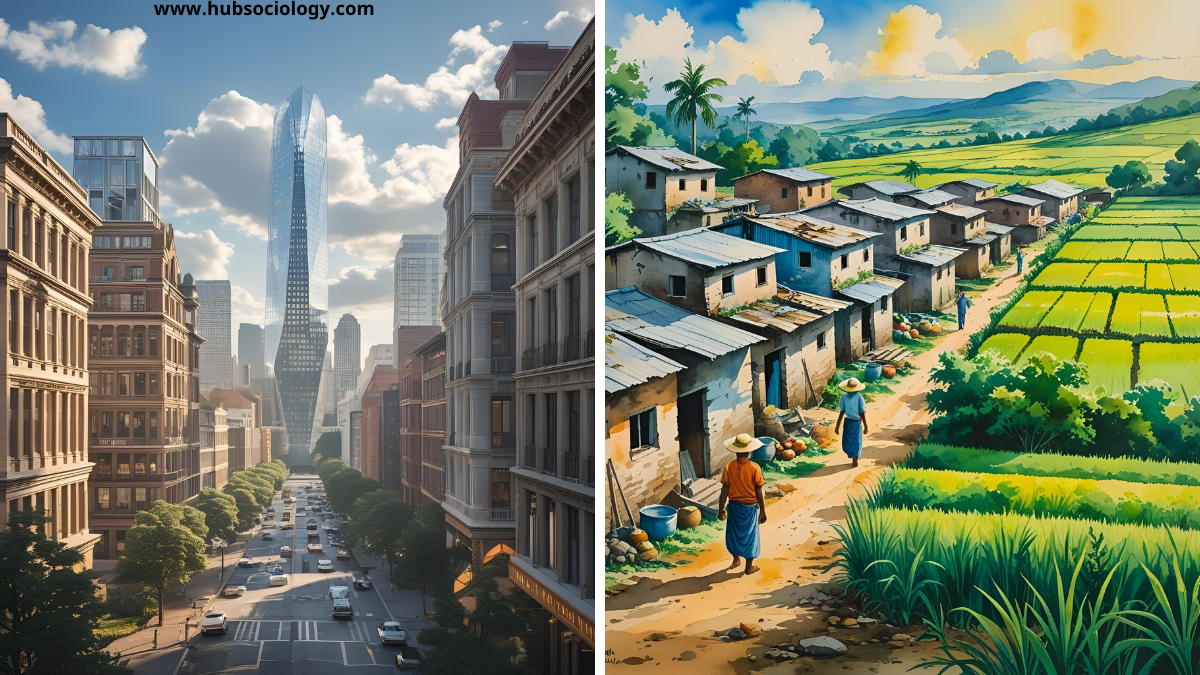American Rural Sociology: A Sociological Analysis
Introduction on American Rural Sociology Rural sociology is a specialized branch of sociology that focuses on the social structures, cultural patterns, economic conditions, and everyday lives of people living in rural areas. In the American context, rural sociology holds particular importance because rural spaces have played a foundational role in shaping the nation’s economic development, … Read more









